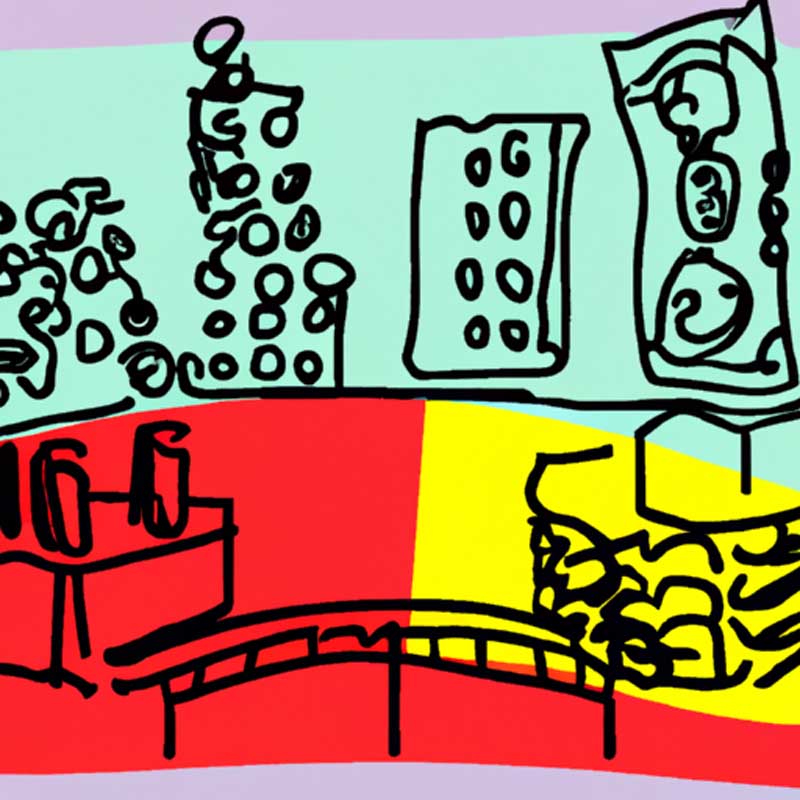TLDR:
- Matt Esteve, a former Citi trader, shares his experience working at Stripe compared to traditional banking.
- Stripe offers a culture of mutual respect, direct communication with top executives, and challenging work that is not necessarily “sexy.”
Article:
Matt Esteve, a former Citi trader, left the world of traditional banking to join Stripe, a fast-growing payments fintech. Esteve describes Stripe as an “amazing place to work” with a culture that values mutual respect and offers opportunities for career growth. Despite the company’s growth, Esteve believes that the culture at Stripe has remained consistent, with a focus on having an outsized impact.
One of the key differences Esteve highlights between working at Stripe and banking is the work-life balance. At Citi, the workdays were intense but structured, with set hours for work and downtime. In contrast, working at Stripe involves waves of intensity, with periods of urgency followed by lulls. Esteve acknowledges that the work at Stripe can be challenging but emphasizes the rewarding nature of solving new problems.
Esteve also sheds light on the pay structure at Stripe, noting that engineers are well compensated with an average salary of $370k. The company’s emphasis on pay transparency extends to other divisions, where salary boundaries are often provided. Stripe’s compensation packages include cash and stock, with stock making up the majority of senior-level packages.
Esteve recently transitioned to a new role at Pangea, a fintech startup, where he is applying principles learned at Stripe to build an AI-powered FX infrastructure platform. He highlights the advantages of working at a startup like Pangea, including the ability to move quickly without the constraints of legacy systems.









